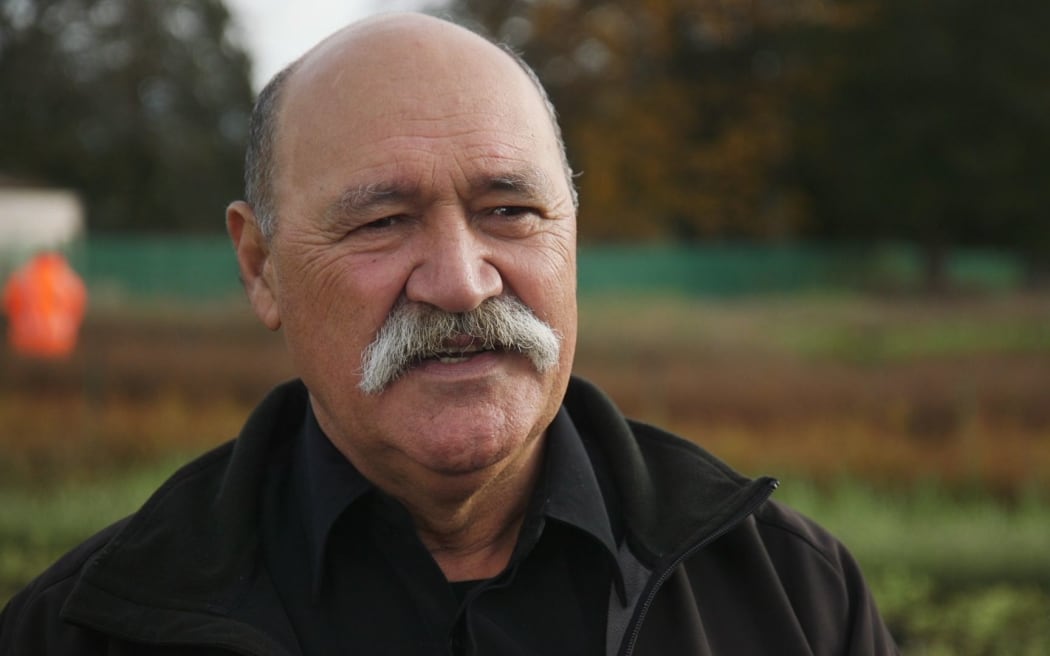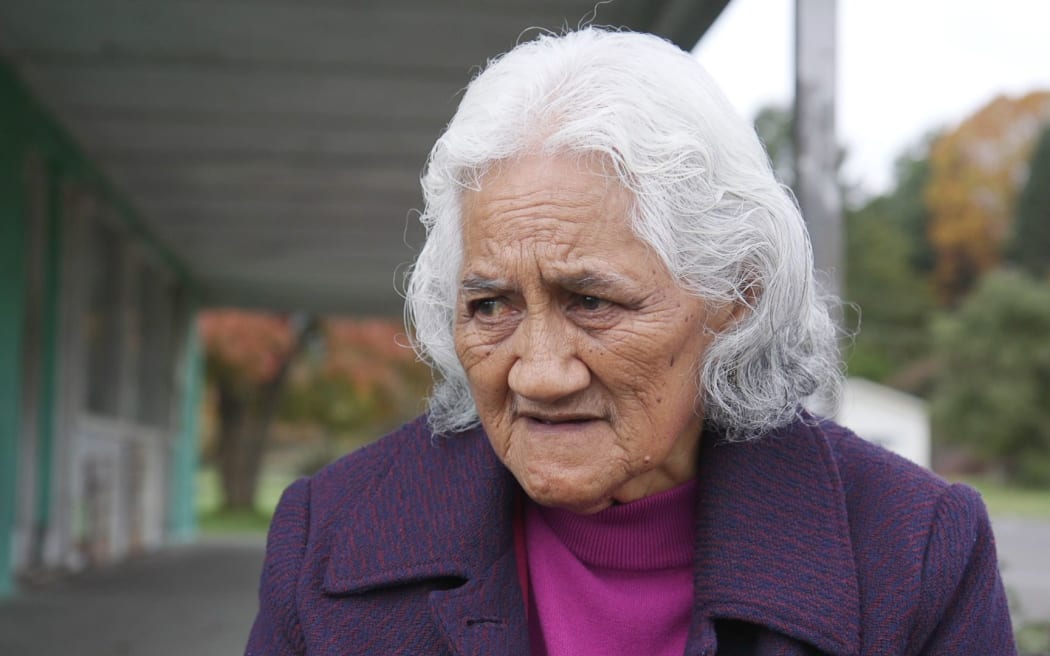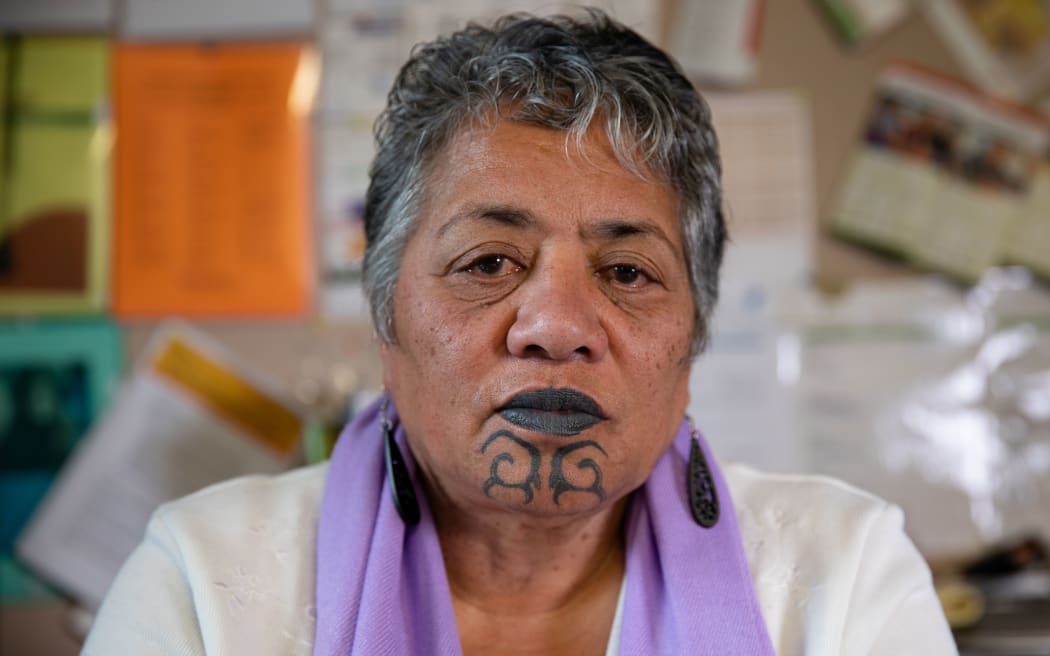There's a mist that has draped itself heavily over the former forestry village of Minginui for the past 30 years.
The small Bay of Plenty community in the Whirinaki Conservation Park is about one and a half hours drive south-east of Rotorua.
And it has become the poster-child for small towns swept aside by the winds of socio-economic change.
When the local sawmill closed in the late 1980s the population fell and only 300 people live there now.
However, in March, Regional Economic Development Minister Shane Jones allocated almost $6 million to the Minginui plant nursery, owned by local iwi Ngāti Whare.
The funding is part of a $1 billion a year regional economic fund to reinvigorate economic growth in the regions.
The boost will help to grow almost one million trees every year at the nursery and is expected to create 90 jobs for the community.
Ngāti Whare Group chairman Bronco Carson said the funding allowed for the fast-tracking of the nursery's expansion.
"Our aspiration was bringing employment back to Minginui - setting up a platform for that creation of employment."

Ngati Whare Group chairman Bronco Carson. Photo: RNZ / Dan Cook
Mr Carson said he was not concerned about moving people who had been without work for the last three decades back into the workforce.
"Contrary to commentary outside here our people are willing to work as you can see for yourself from those that are already here."
The person responsible for hiring will be Mere George - the general manager of Ngāti Whare Holdings.
"We've got a generation of people within the community who were part of the forestry service days so the skills have been able to be transferred," Ms George said.
"And we've got a new generation that are wanting to learn some of those skills."
Ms George said eight more employees had been hired since the funding announcement.
She said workers would have the opportunity to start on minimum wage and move into more senior and administrative positions.
It takes a couple of minutes to loop around the horse-shoe design of Minginui village.
The two lone reminders of a once bustling hub is the long abandoned local store with its mint green paint peeling off and the post office.
There's no gas station, local eatery, sports club or even a dairy.
Local kaumatua Wahiri Iraia said when forestry services closed, Minginui was left in a state of limbo.
"When the trees were depleted - the resource was depleted nobody wanted to know us."
He remembers the pride people had in their homes and a community that was able to look after each other.
"You could go into a home and people would say haere mai te kai - you know you'd get a kai - you can't do this today everyone's too pohara (poor)."
He's already starting to see the positive change the nursery is bringing - and believed in the direction the Ngāti Whare runanga was taking.
"When I look around at them as they work I see a different person. Perhaps after all these years it wasn't a matter of not wanting to work but now that work is there I see a different person."
His cousin, Mereru Mason also has fond memories of what Minginui use to be like.
"Everything thing was really lovely to come into the village and see things all done up the lawns all done , gardens, and trees all cut it was a beautiful little village."

Mereru Mason. Photo: RNZ / Dan Cook
Ms Mason is hoping the nursery can bring jobs and people back home - but she wonders what to.
"What are they going to come home to - those houses other there have to be fixed - if those houses were fixed I think everyone would come home."
Te Kura Toitu o Te Whaiti-nui-a-Toi is the local school - which also acts as the hub for high speed broadband in Minginui.
The school's principal Josephine Gage said the community had heard its fair share of promises from government officials and ministers in the past.
She was cautious about the latest funding injection from the government and wondered about the long-term sustainability of returning to the forestry industry.

Te Kura Toitu o Te Whaiti-nui-a-Toi principal Josephine Gage. Photo: RNZ / Dan Cook
"If we're gonna look at anything rather than forestry we should be looking for at food, agriculture - that seems to be where everything is going.
"The Chinese economy is gonna be looking for places to grow food soon and I don't think they're gonna eat trees."
Clayton Willoughby moved to Minginui from Porirua - to live with his partner's whānau. He said his new job at the nursery beat sitting on the couch.
"I've been sitting here for around six months to seven months with no job," he said.
"Then this pops up for everyone to get an opportunity to get a job - get their life on track and everything - it's been good."
Local Minginui resident Te Aue August is growing into her new role.
"I've been finding it very good - you know it's something new for us to learn about our ngāhere as well as the seeds and where our seeds come from."
The nursery will grow a million trees a year over the next three years - to contribute towards the government's plan to plant a billion trees in the next 10 years.


